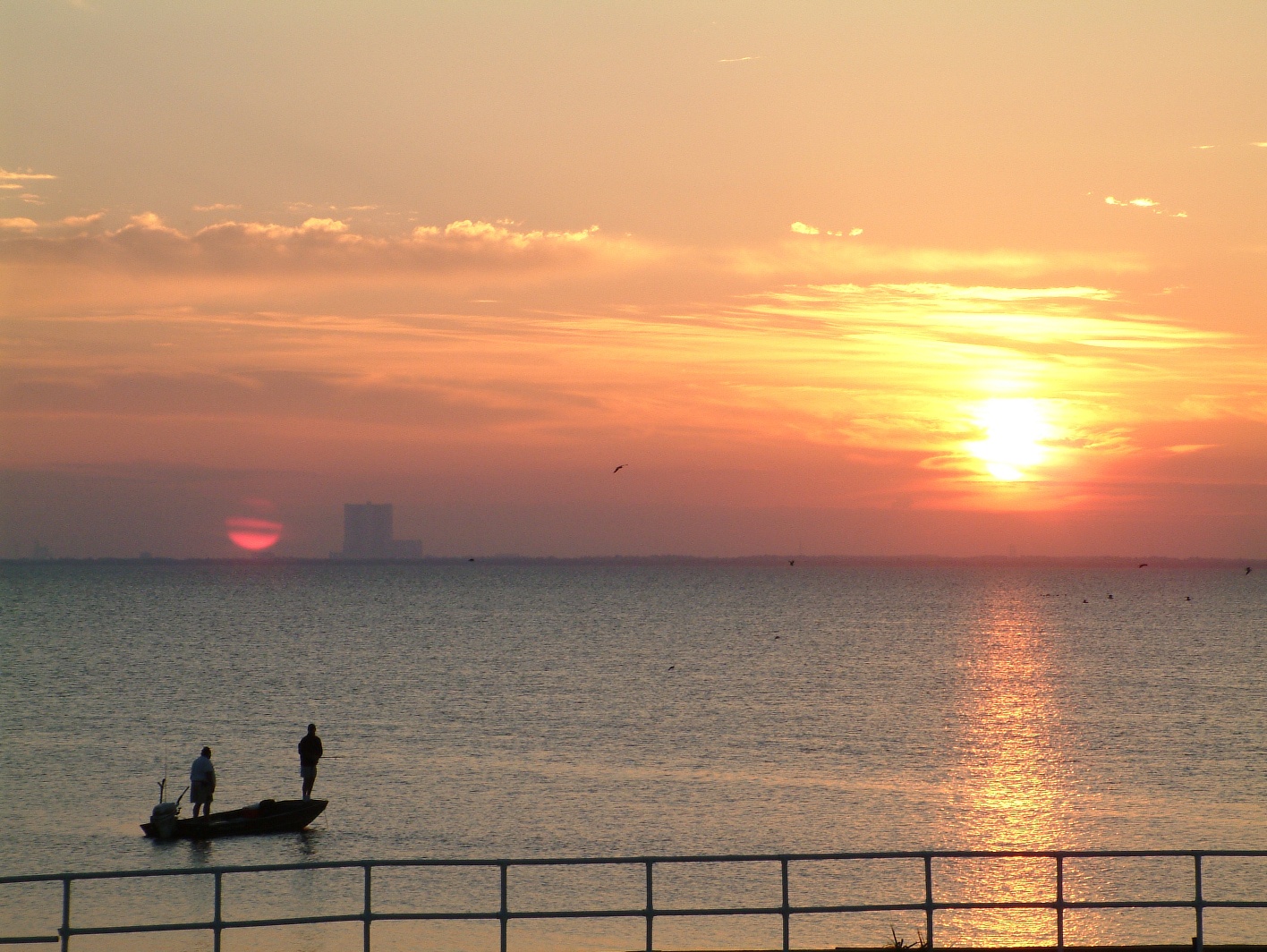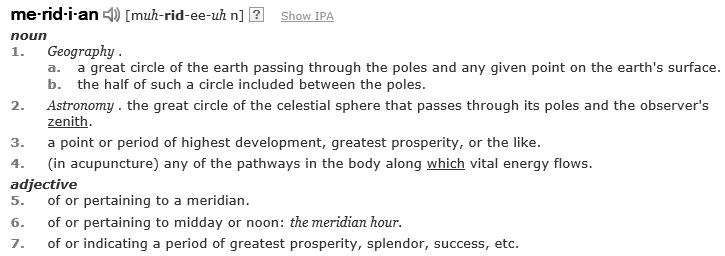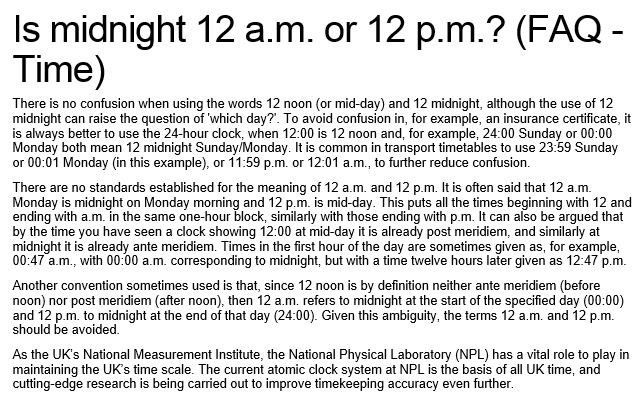In a room with a screen our main character speaks, a typewriter annoyingly clackers in the background not in time with his words.
IAN PARISH: I dislike the summer. I can cope with the standard two weeks of quite hot that we get. I can cope with the mugginess. I can cope with the grey overcast but sweaty days. I can cope with (mostly) men driving with one arm hanging out of the car window (normally t>22C for this). What really bothers me about summer is British Summer Time.
IAN PARISH (adopting a superior tone): I was raised to understand that when the sun is highest in the sky it is midday. Midday is also the time 12pm or 12:00 for most people.
NARRATOR: It was at this time that Ian Parish remembered moaning about midday some point in the near distant past. He opened another window on his browser and searched Fooyah.net for “midday”.
(On a screen the page entitled British Summer Time appears.)
NARRATOR: Ian Parish realises that he has written about this before. He wonders what he can add. Then he remembers. He remembers the best part of the Wikipedia page on British Summer Time.
IAN PARISH (slightly embarrassed): I can’t keep writing about the same things. My audience will think I’m crazy. Mind you, this BST-GMT thing really does annoy me. I’ll justify the communication with some NEW information.
IAN PARISH (striding around the room with purpose): There appears to be a bill to be put before the UK Parliament proposing an investigation into changing the clocks. The Bill looks to be about looking into the possible evidence for changing the clocks, then trialling clock changes to see what the benefits may be and then implementing whole-scale change.
IAN PARISH (working into a stupor): This is an excellent incident of scientific parliament and laws. The idea of trialling a particular policy to see what the REAL changes are and then following what the evidence says is almost the exact opposite of dogma driven government that we see at the moment. Thank goodness a very small minority of parliament understand how to get the best results. It’s a shame the bill will probably never pass.
AUDIENCE (following the words appearing on the screen): While we understand your point we don’t care enough. These things don’t bother us.
Fin




